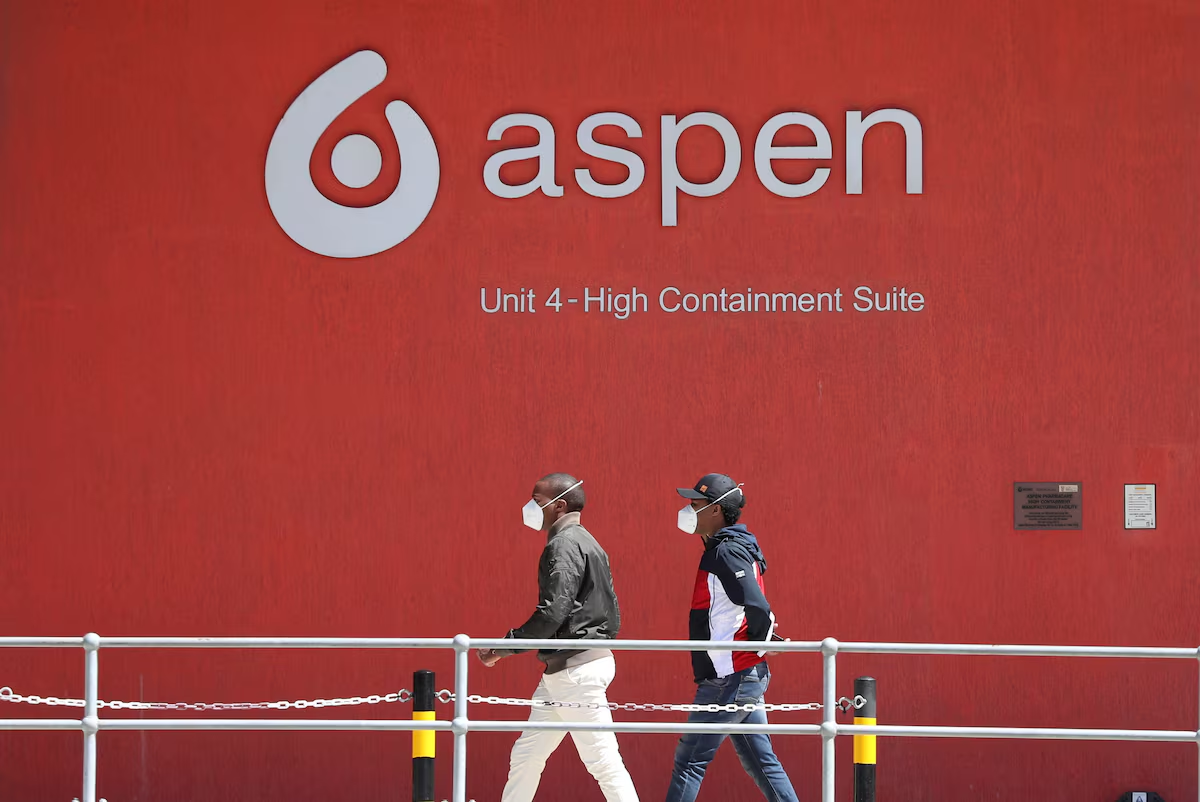
Africa’s pharmaceutical future is at a critical juncture with developments shedding light on the continent’s reliance on external aid for vaccine access.
The Trump administration’s initial freeze on foreign aid this week had sparked concerns about the fate of US-funded HIV/AIDS programs, which provide life-saving treatment. However, US Secretary of State Marco Rubio’s waiver partially lifting of the freeze offered a reprieve for these programs.
In a recent discussion with CNBC Africa, Stavros Nicolaou, Group Senior Executive at Aspen Pharmacare, accentuated the prominence of technology transfer for local manufacturing in Africa. “This calls for a refinement of the technology transfer model for Africa to make it fit for purpose for Africa and African purposes,’’ Nicolaou said.
Aspen Pharmacare, Africa’s largest pharmaceutical manufacturer, has been at the forefront of promoting local manufacturing and technology transfer. The company has made significant strides in producing generic antiretroviral (ARV) medications, which have saved hundreds of thousands of lives in South Africa and across the continent.
The Covid-19 pandemic served as a wake-up call for Africa to develop its own pharmaceutical manufacturing capabilities. According to Nicolaou, the continent has made some strides in this direction, with regulatory reforms and international procurement agencies now committing to purchase vaccines from African companies. However, Nicolaou cautioned that despite these gains, Africa is still relearning the lessons of the pandemic, highlighting the need for sustained progress and self-sufficiency in the pharmaceutical sector. “We’re at least better suited to deal with it. We’ve learned a multitude of lessons. Unfortunately, we’re learning them again,” he said.

